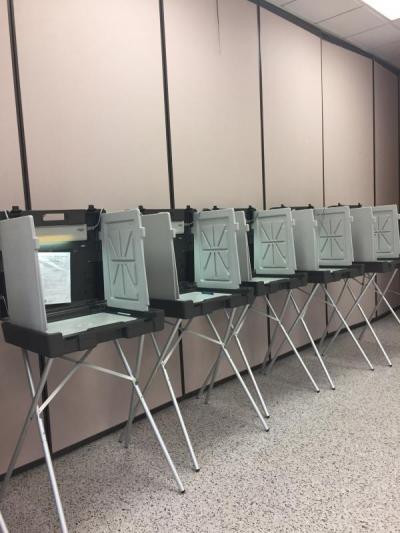Rochester to vote July 10 on ORR renovation project
ROCHESTER — A special election will be held on Wednesday, July 10 asking voters whether or not to approve a renovation project for the track, football field, and auditorium at Old Rochester Regional High school.
Polls will be open from 8 a.m. to 8.pm. At the Council on Aging at 67 Dexter Lane. Absentee ballots are available in the Town Clerk’s office at the Rochester Town Hall. Absentee ballots can be filled out in person at the clerk’s office. Immediate family members may also mail ballots from the town hall to absentee voters. Ballots cannot be taken from the town hall by hand.
The $2 million renovation project would resurface the track, rebuild the grass infield with turf, add lights for the main stadium field, and upgrade the auditorium with a digital LED system, audio system, and new monitors.
Mattapoisett and Marion voters approved the renovation project in May, despite concerns from the Mattapoisett Finance Committee and Selectmen. The renovations will cost the average taxpayer in Marion $25.11 per year. In Mattapoisett taxpayers will pay $19.57 per year. In Rochester, the owner of a home valued at $382,158 will pay $34.39 per year for 15 years.
Proponents of the renovations argue that the turf field will be safer than the current grass field. ORR senior and Lacrosse Captain Gates Tenerowicz said that she witnessed an opposing player roll her ankle while walking on the field, and that one of her teammates slipped and tore her ACL.
Mattapoisett Finance Committee Chair Pat Donoghue expressed concerns about the longevity of the turf field. Through her research, she said the field would last 10 to 12 years at best, and the manufacturer guaranteed it for 8 years. She said she would need to see something in writing saying the field would last at least 20 years, to feel comfortable financing it for longer than 15 years.
In a Rochester town meeting on May 20, ORR School Committee member Cary Humphrey explained that renovations for the athletic and theater departments were grouped together as part of a ten-year capital plan, and were picked as some of the most-needed projects.















